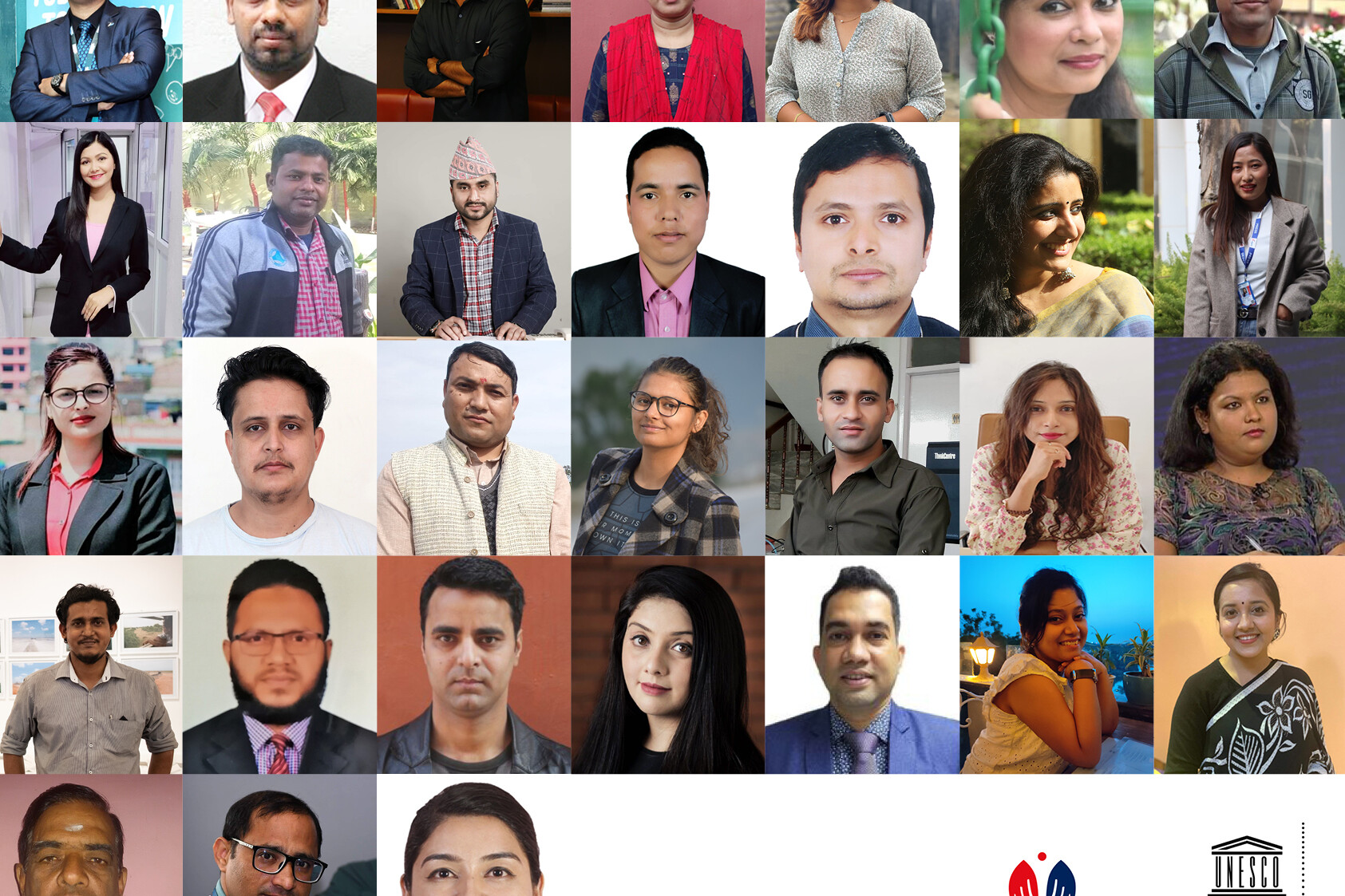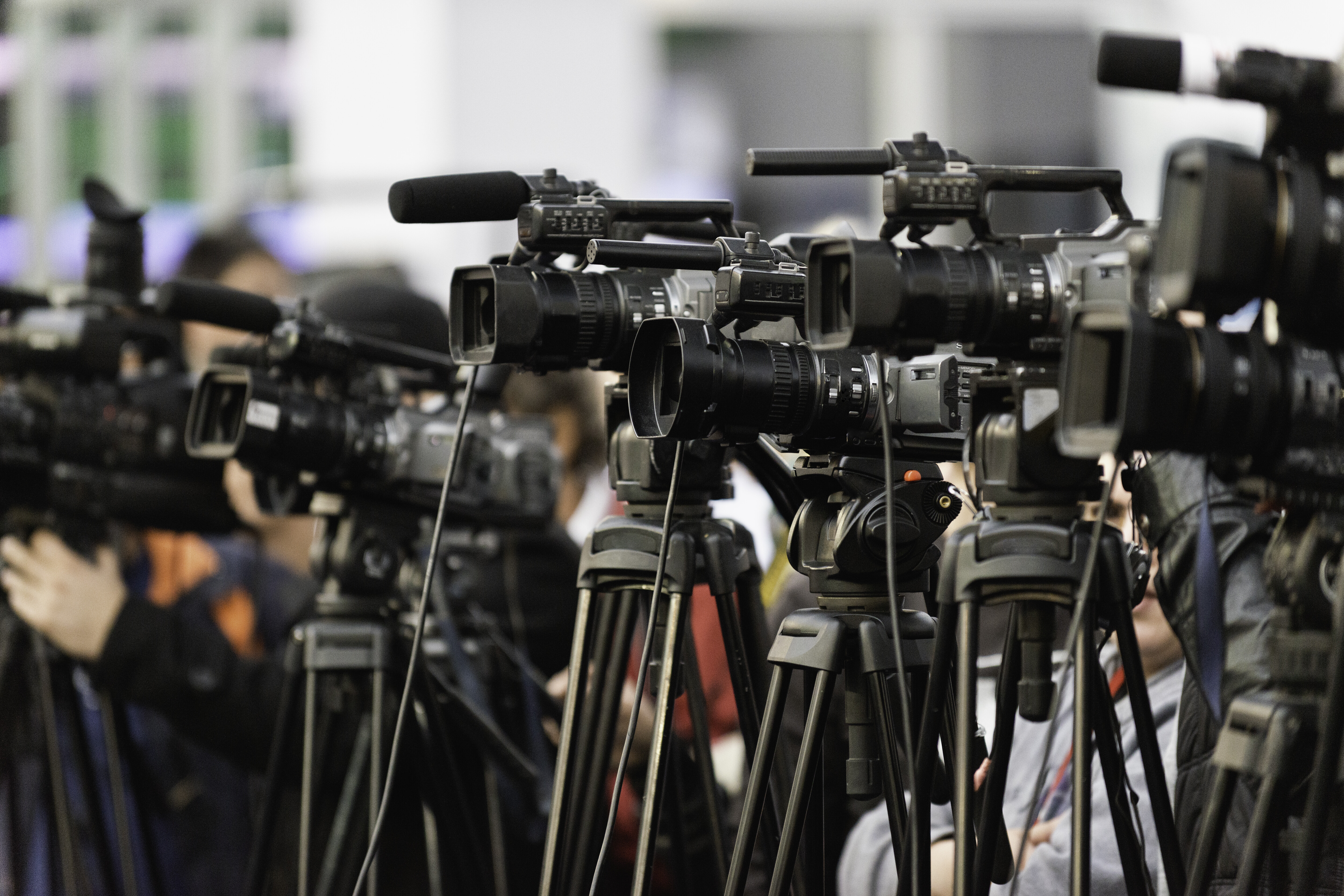The project included 30 media workers from four countries across South Asia, who helped develop a Code of Conduct to Improve Conflict Sensitive Reporting and Safety of Journalists in South Asia. Thirty news pieces from our fellows were also produced in their respective countries, building upon principles included in the newly crafted Code of Conduct.
The project was organised by the Public Media Alliance, with support from our local partner Media Action Nepal, the UNESCO New Delhi Office, and the UNESCO International Programme for the Development of Communication (IPDC).
On 1 November, a consultation meeting was held with stakeholders – including press council representatives, media academics, and journalists – from Bangladesh, India, Nepal, and Sri Lanka to review and offer feedback on the draft Code of Conduct. The Code of Conduct was the key output of the project, and was developed to strengthen the South Asian media environment in terms of conflict sensitive reporting, journalist safety, and self-regulation. It was produced following a three-day workshop with 30 media workers from the target countries, with each participating country contributing their local knowledge and expertise to the code’s finalisation. The finalised report will act as a strategy document, advising journalists and media workers across the region on how they can cover areas such as conflict, human rights, and gender in an informed, fair, and safe manner.
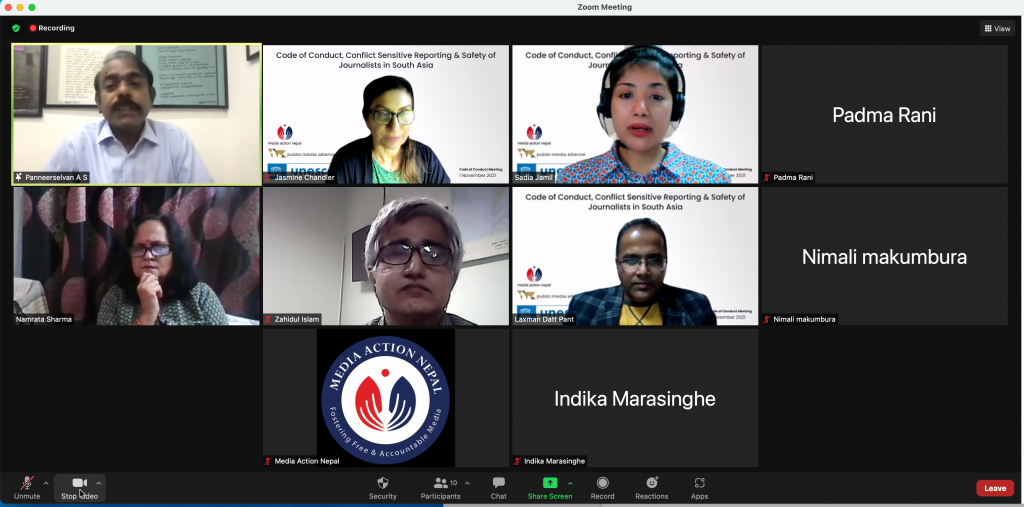
Project facilitator Dr. Sadia Jamil said the document recognises the socio-political, religious, and cultural intricacies of South Asian societies and further acknowledges ethical dilemmas faced by journalists when reporting on conflict. “The project is certainly distinctive as it takes into account a multistakeholder approach for devising a code of conduct for conflict sensitive reporting. It’s a mutual effort that enables Journalists to differentiate between ‘their right to do’ and ‘what is right to do’ when reporting on conflict,” she said.
Namrata Sharma, a freelance Nepalese journalist and Immediate Past President of the Center for Investigative Journalist (CIJ) in Nepal, participated in the consultation meeting and emphasised the importance of journalistic codes of conduct. “Although a code of conduct for journalists may sound restrictive, it could be essential for fair and factual conflict sensitive reporting,” she said. “The exercise done by the Public Media Alliance and its partners like Media Action Nepal in training journalists to produce reports based on a code of conduct is commendable.”
“Any code of conduct for journalists should not be restrictive to press freedom but complementary to the work of journalists and the global population.” — Namrata Sharma
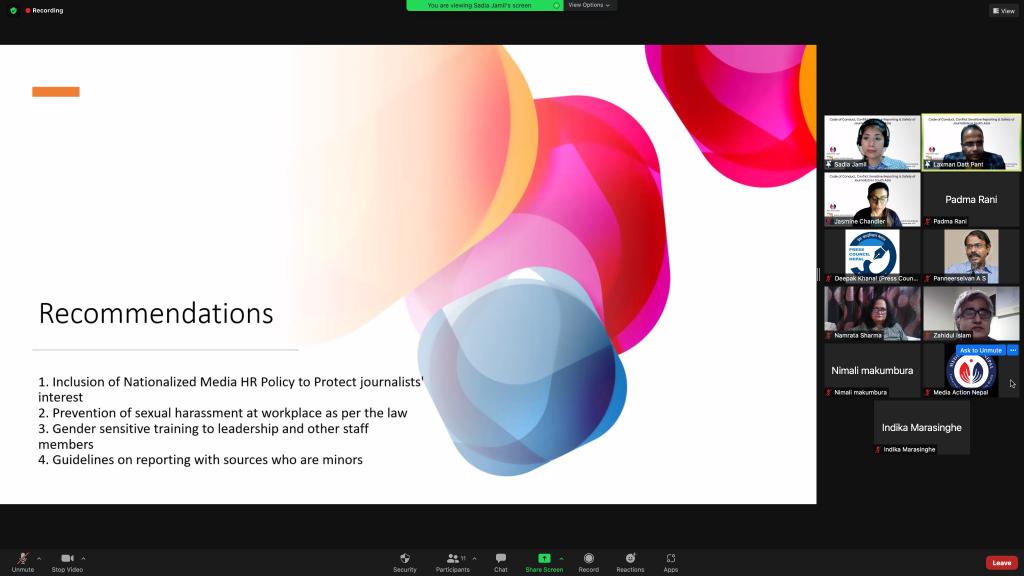
The final code of conduct will be launched within the coming weeks.
Workshop participants were also given a series of mentoring sessions run by the regional facilitator Laxman Datt Pant. During these sessions, participants were individually guided on developing, pitching, and creating stories with conflict sensitive reporting in mind. Out of these sessions, 30 participants have since produced news pieces (both written and audiovisual) that have been published and/or broadcast in their respective countries.
Some notable pieces include:
- Conflict reporting in India: Worth risking lives without prior training? by Somrita Ghosh of India: Be it conflict zones or places outside them, attacks on journalists are nothing new and have often been targeted, injured, or even murdered because of their profession.
- Rohingya refugees who once saw Nepal as ‘promised land’ now stare at uncertain future By Ujjwal Satyal of Nepal: For Rohingya refugees escaping conflict, the hoped haven of Nepal holds uncertainty, from job insecurity to indifference from the government and international community.
- The pain of armed conflict: when will the wounds be healed? [Watch – Nepali] By Prabha Thapa of Nepal: Following her husband’s death during a period of conflict, a woman struggles with the social, economic, and cultural challenges of little support of the government and the denial of justice.
- Diaspora Journalists and Democracy in Sri Lanka [Tamil] by Keshayinie Edmund of Sri Lanka: With a history of conflict, Sri Lanka has proven dangerous for many journalists. In this piece, diaspora journalists question the integrity of democracy and describe the wartime pressures they faced.
- The Right to Information, good governance and accountability: part 2 [Watch] by Mohammad Moniruzzaman Khan of Bangladesh. With the enactment of the right to information law in Bangladesh, journalists can report on corruption, accountability, good governance, and irregularities with fewer barriers.
Use the tabs below to access all 30 news pieces produced by our fellows.

Mehedi Shahnewaz Jalil
Assistant Director, Bangladesh Public Administration Training Centre
[Working on Deputation from Bangladesh Betar (Radio)]
Watch: Spread of Misinformation on ICT-based social media platform and its impact on Society: pt. 1 (Timestamp 17:36) (Bengali)
Watch: Spread of Misinformation on ICT-based social media platform and its impact on Society: pt. 2 (Timestamp 14:44) (Bengali)
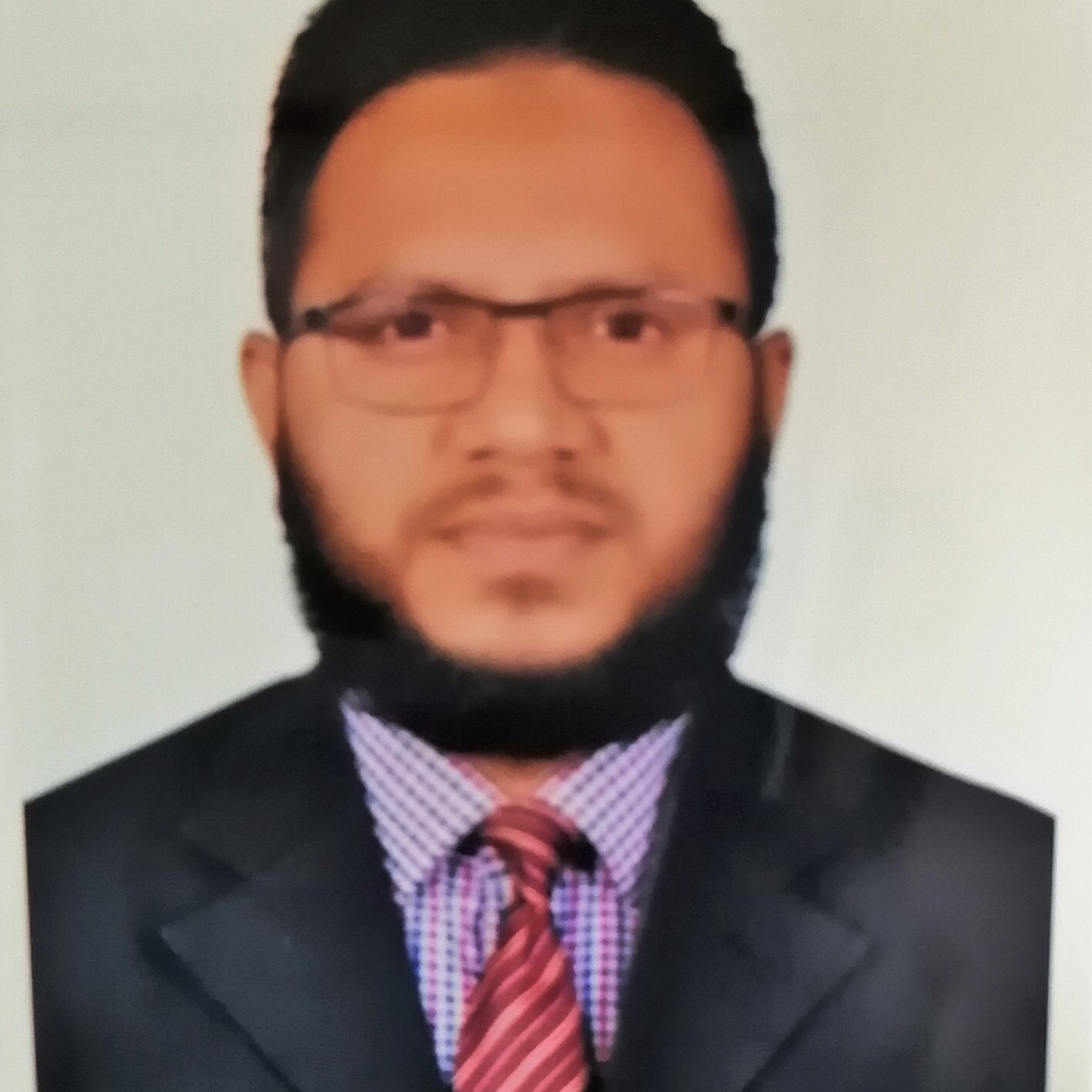
Mohammad Moniruzzaman Khan
Producer (News) Grade 1, Bangladesh Television
Watch: The Right to Information Act, good governance and accountability: pt. 1 (Bengali)
Watch: The Right to Information Act, good governance and accountability: pt. 2

Muhammad Khorshed Alam
Executive Producer, Bangladesh TV
Watch: Security and advancement of women journalism in Bangladesh (Bengali)
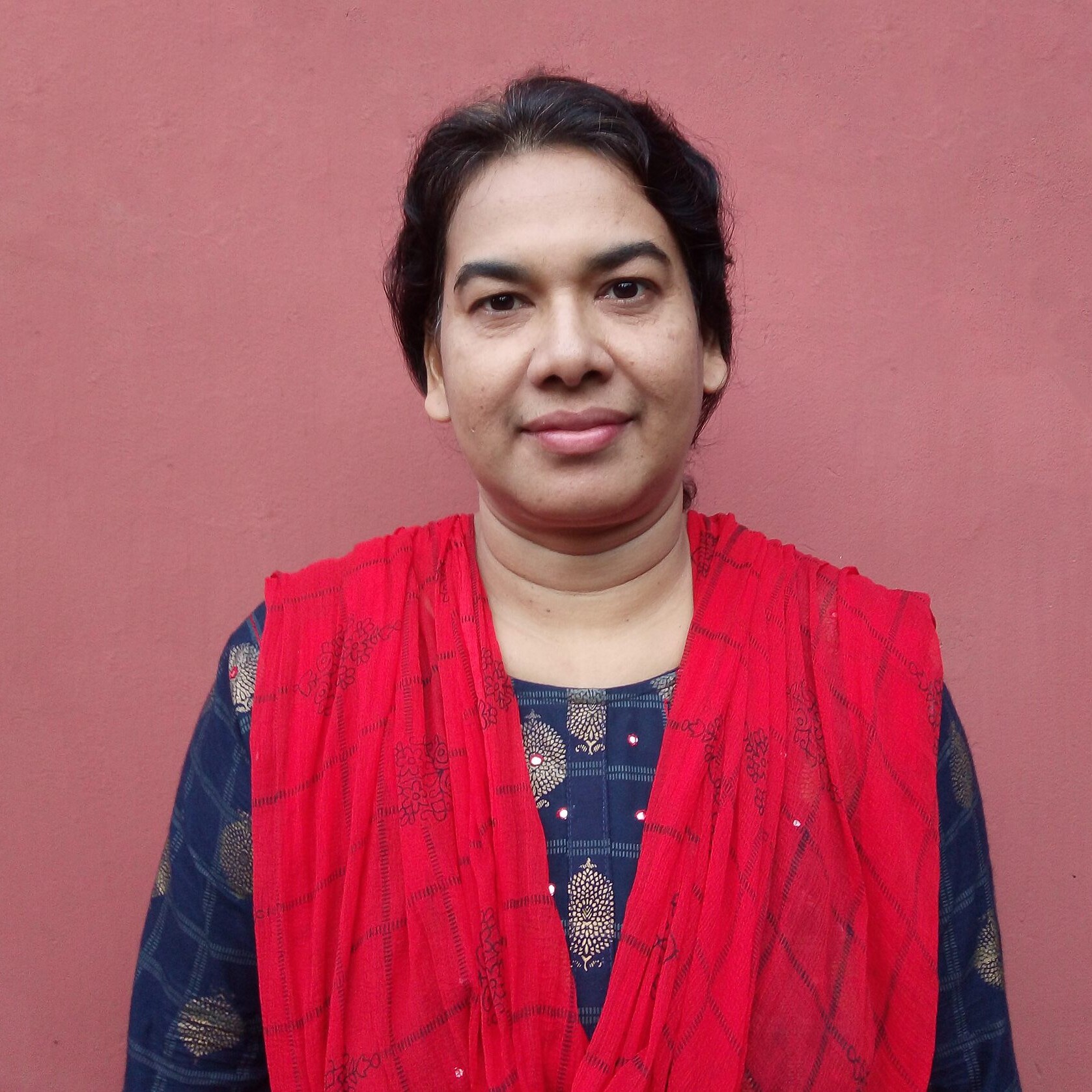
Naznin Sultana
Deputy Controller (News), Directorate of Monitoring, Bangladesh Betar
Watch: Reporting on the Rohingya Crisis in Bangladesh: pt. 1 (timestamp – 13:13) (Bengali)
Watch: Reporting on the Rohingya Crisis in Bangladesh: pt. 2 (timestamp – 11:02) (Bengali)

Seoul Ahmed
Journalist, Broadcast Journalist Center
Read: The biggest obstacle to freedom of expression is the Digital Security Act (Bengali)

Tahsina Sadeque
Senior Reporter, DBC News
Watch: ‘Awami League has no strong opposition’ (Bengali)
Watch: ‘Internal turmoil of party is tarnishing team’s achievements’ (Bengali)
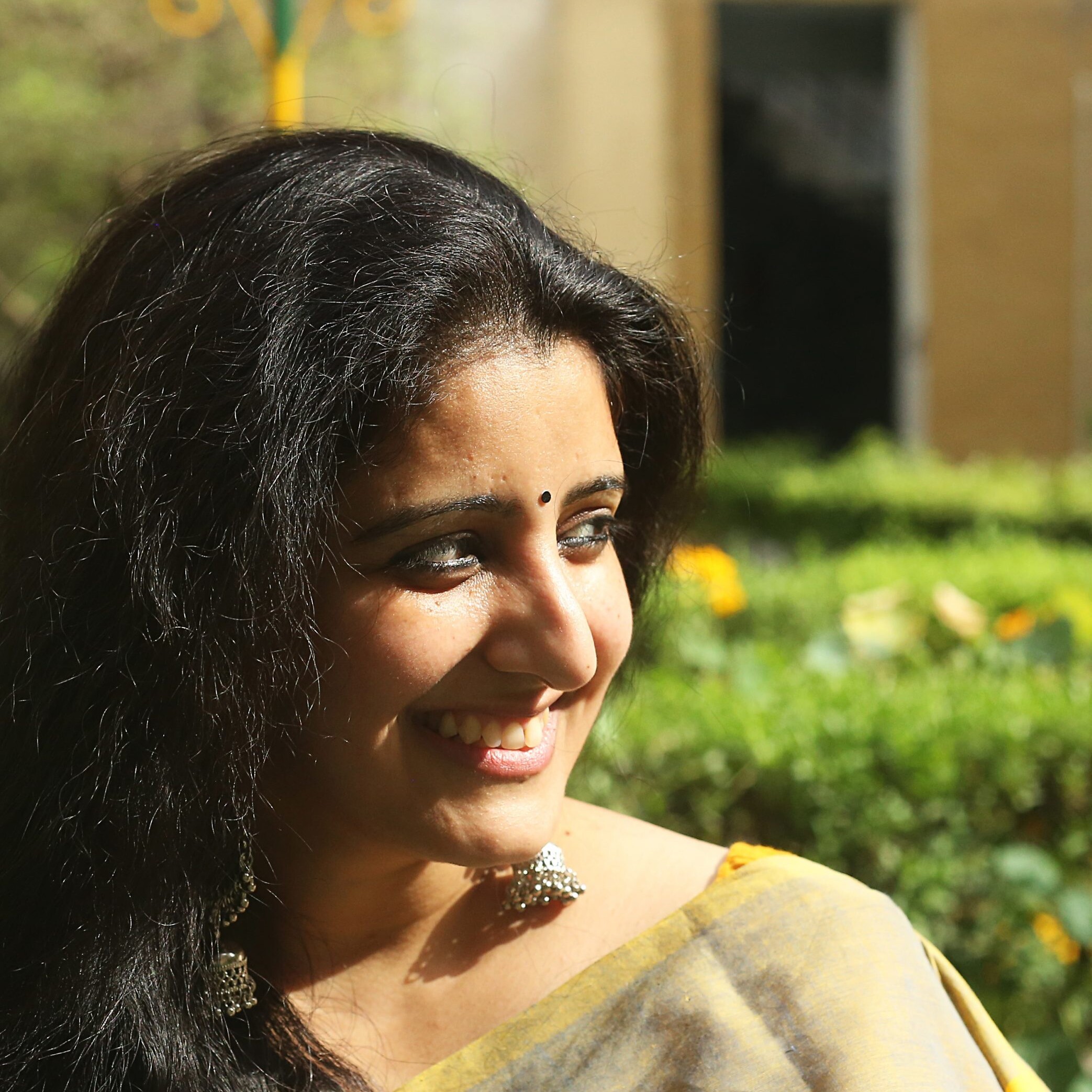
Ankita Anand
Independent Journalist/Editor, Unbias the News

Faisul Yaseen
News Editor, Greater Kashmir
Read: In Kashmir, journalists under shadow of gun, harassment and intimidation
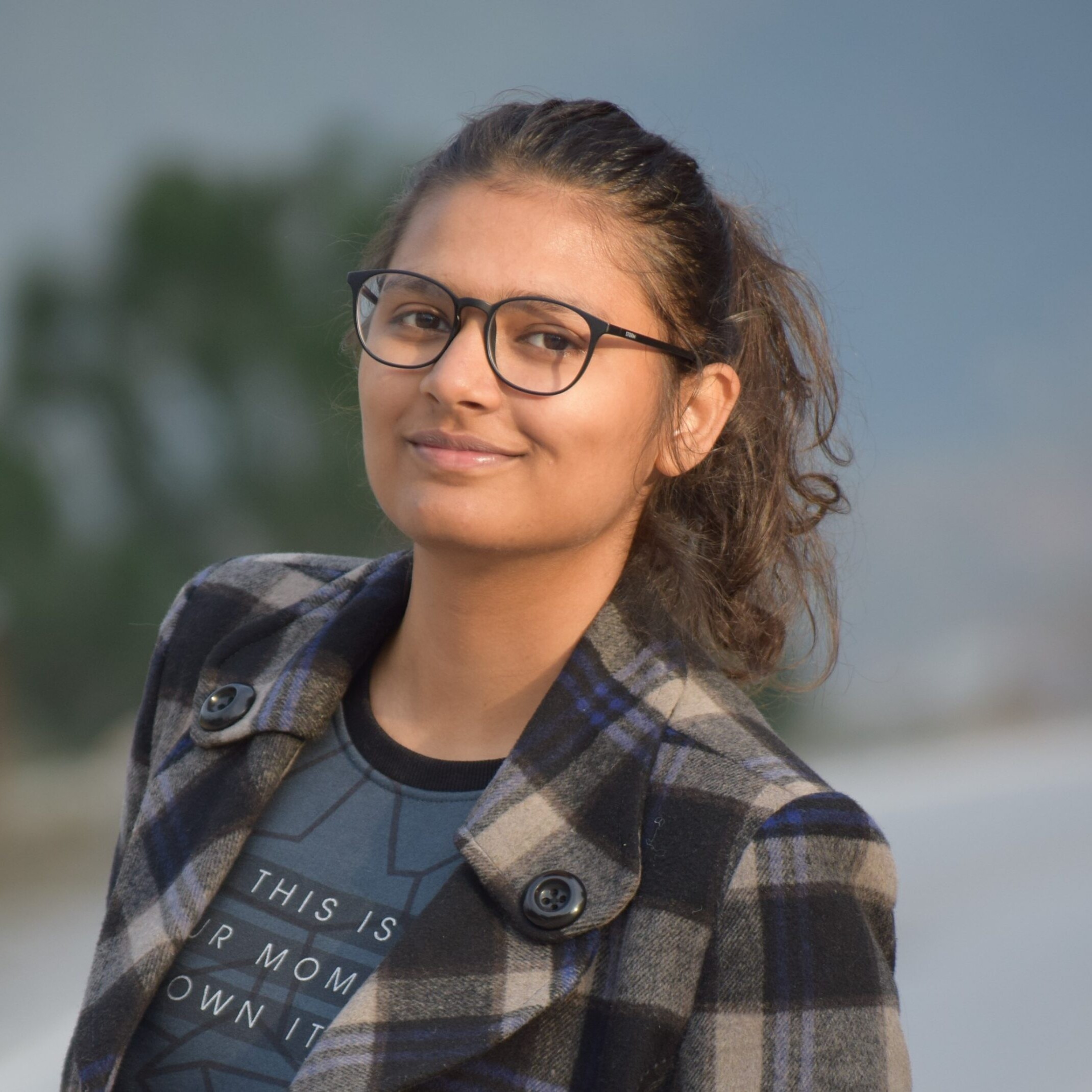
Pallavi Sareen
Editor-in-Chief, The Straight Line
Read: 12 Civilians dead in Kashmir, peace and normalcy go missing?
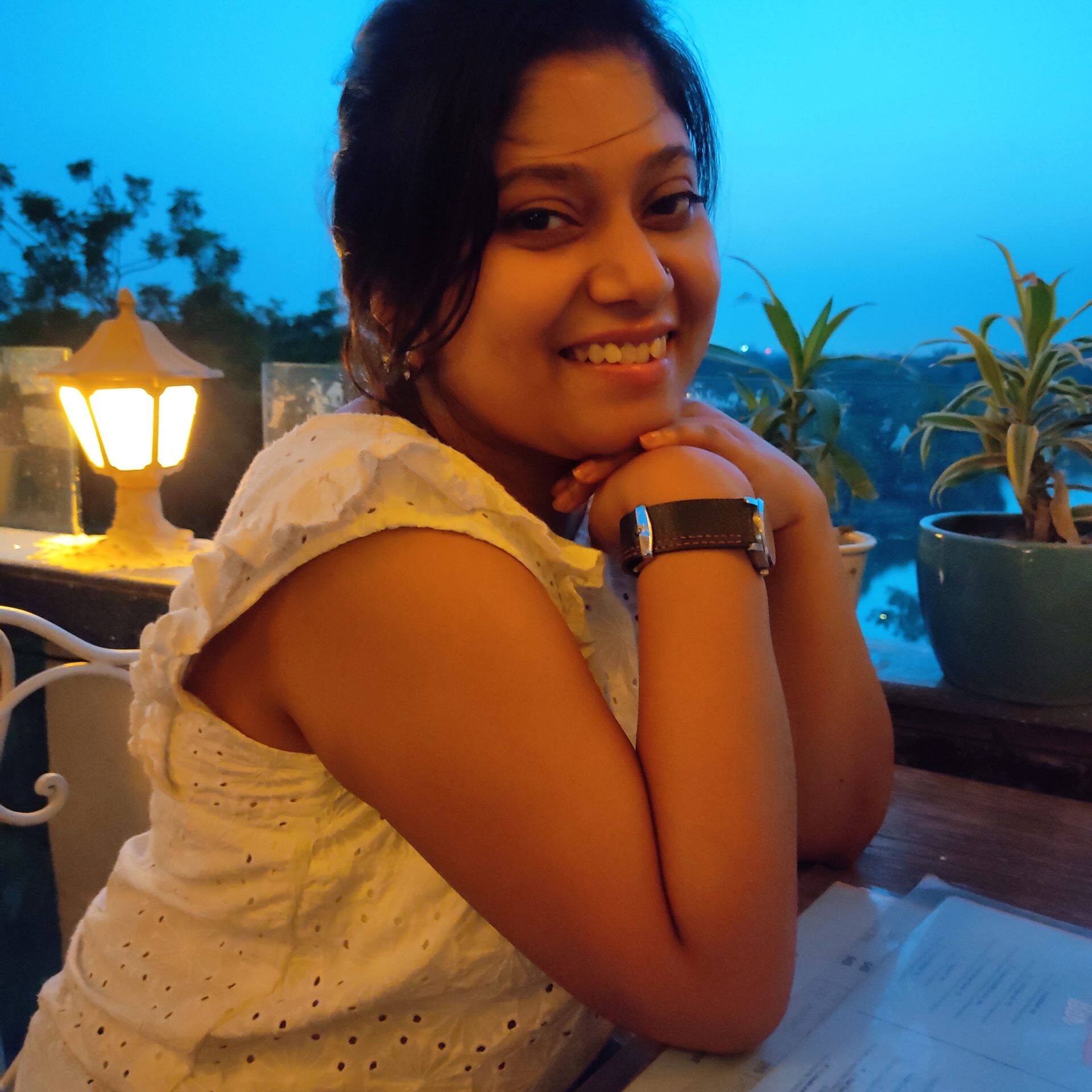
Somrita Ghosh
Correspondent, The New Indian Express
Read: Conflict reporting in India: Worth risking lives without prior training?
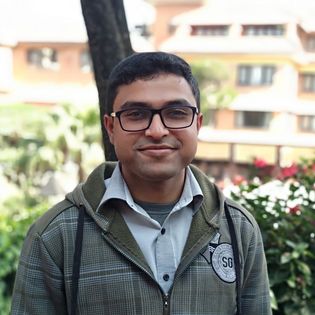
Aashish Kumar Mishra
Valley Reporter, The Rising Nepal
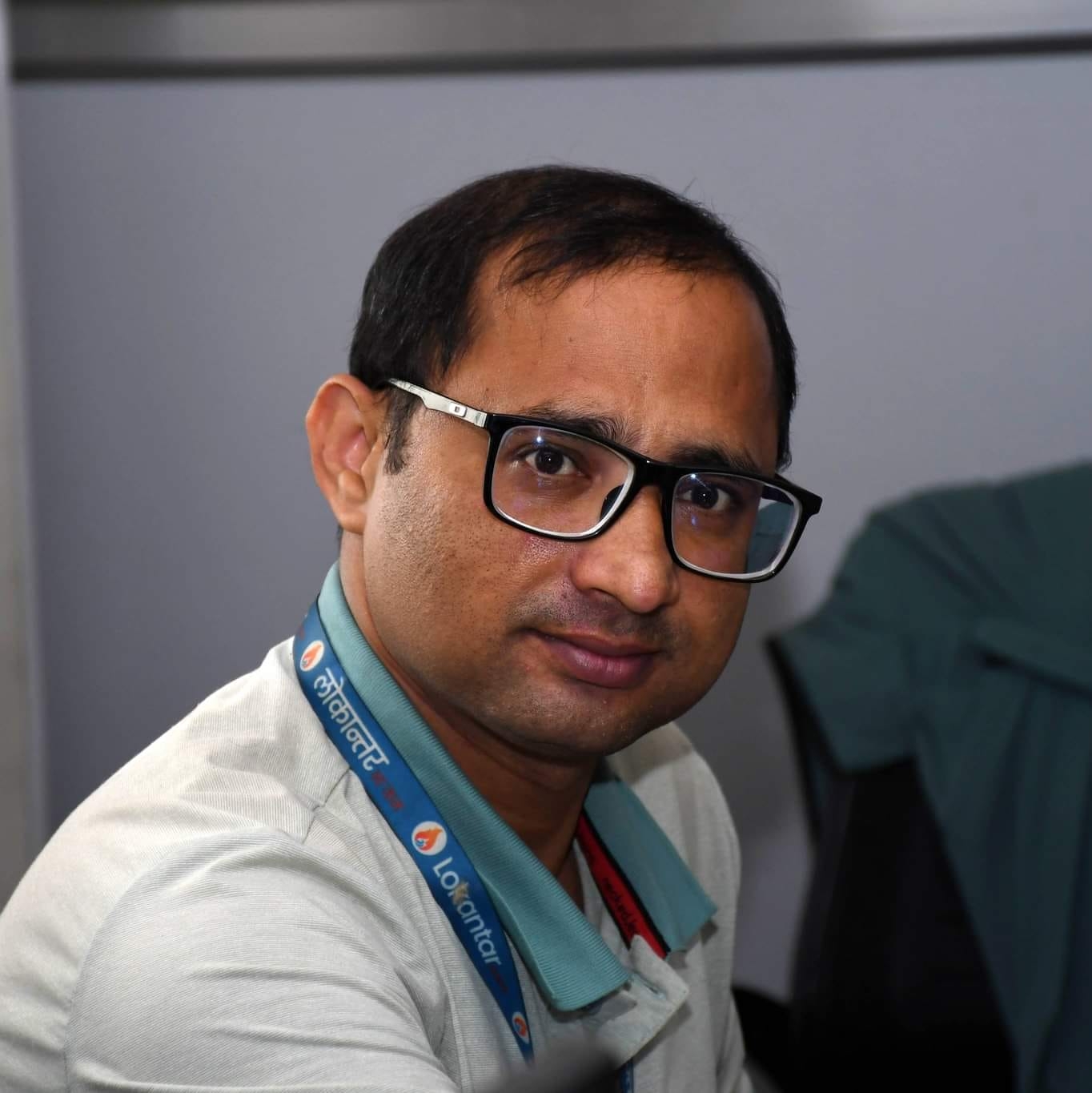
Ajay Anuragi
Journalist, Lokaantar.com
Read: Disappearance Commission fails to deliver tangible results

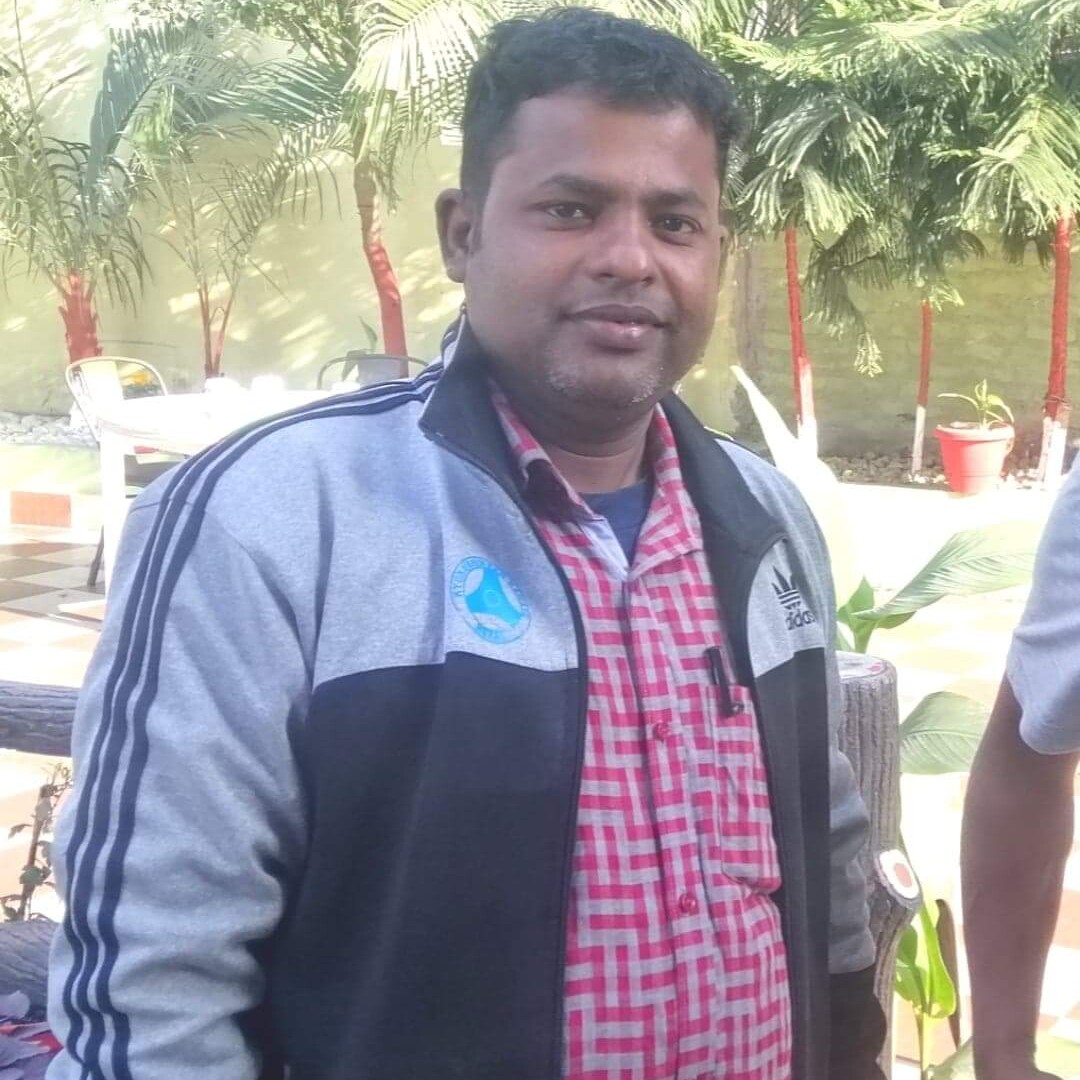
Hadish Khuddar
Correspondent, Naya Patrika Daily
Read: Armed groups in the Terai: some in agreement, some inactive (Nepali)
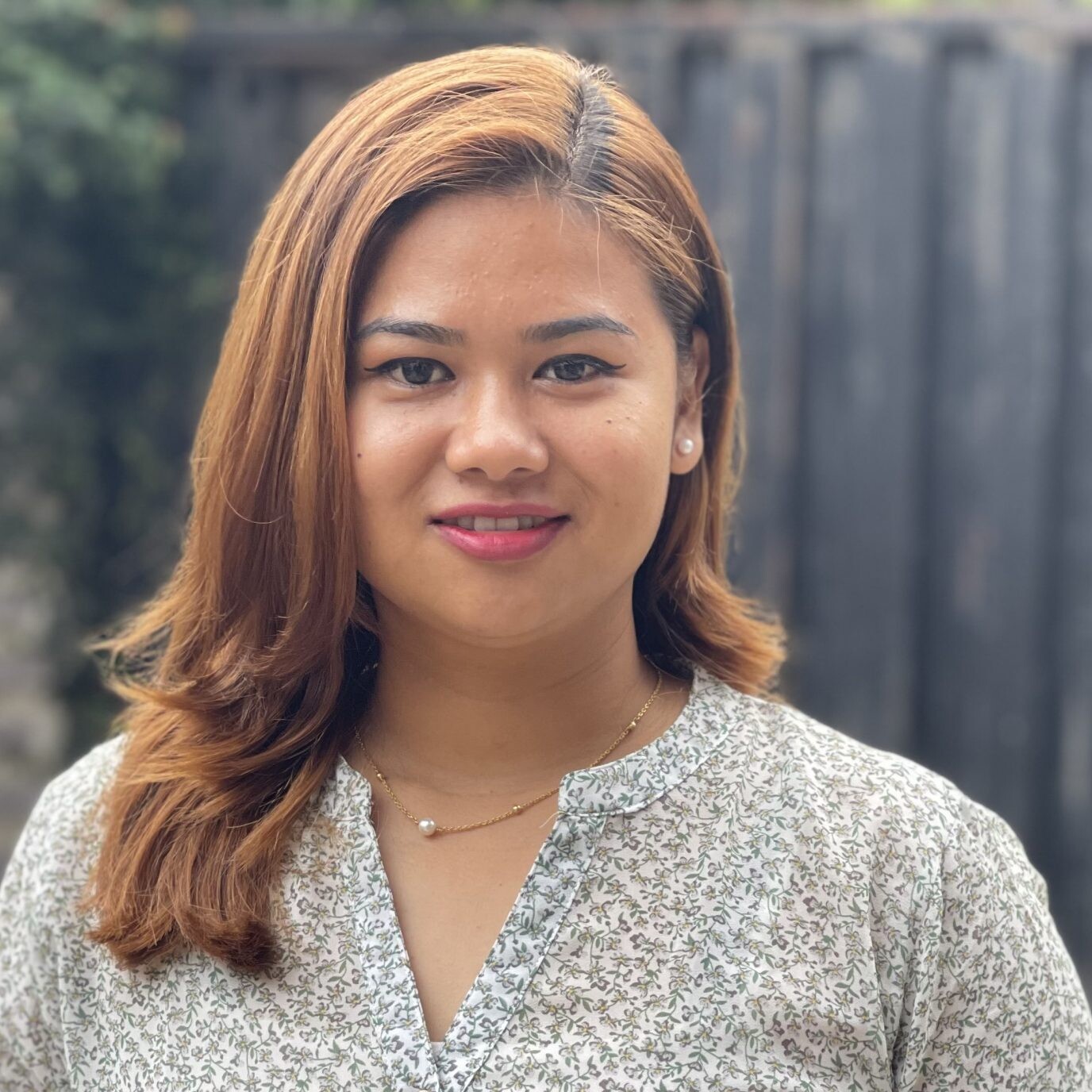
Kamala Gurung
Senior Correspondent, Swasthya Khabar Patrika
Read: The wound of the armed conflict that could not be healed (Nepali)

Lalit Bahadur Budha
Bureau Chief, Annapurna Post Daily
Read: Complaints stopped, no justice (Nepali)
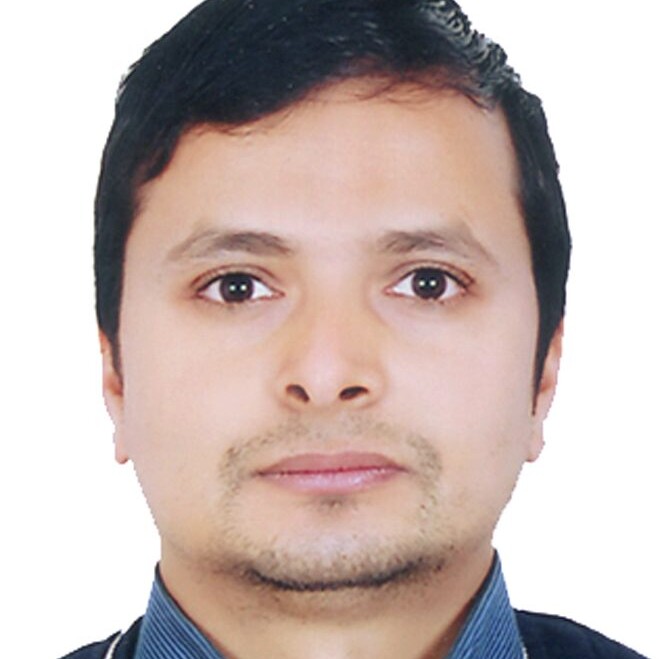
Madhu Sudan Dawadi
Executive News Editor, Narayani Online
Read: In Chitwan, there is a need for policy and legal reforms in the civic problems of the intermediate zone (Nepali)
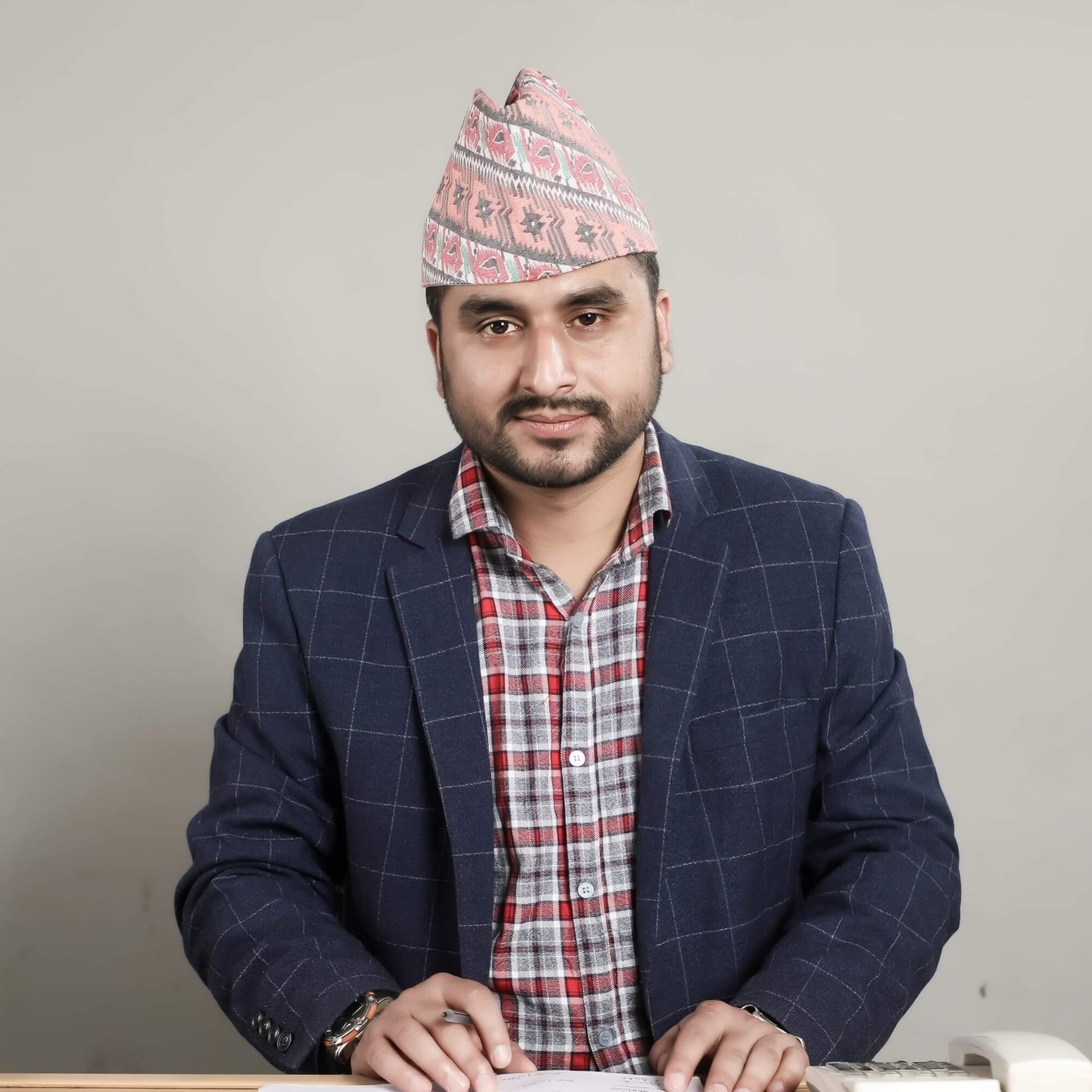
Narendra Kumar Dhakal
News Coordinator, Purwanchal Daily
Read: The wounds of the armed conflict have not yet healed (Nepali)

Phurpa Sherpa
Reporter, DCNepal.com
Read: Challenges and problems faced by women journalists in Nepali media (Nepali)
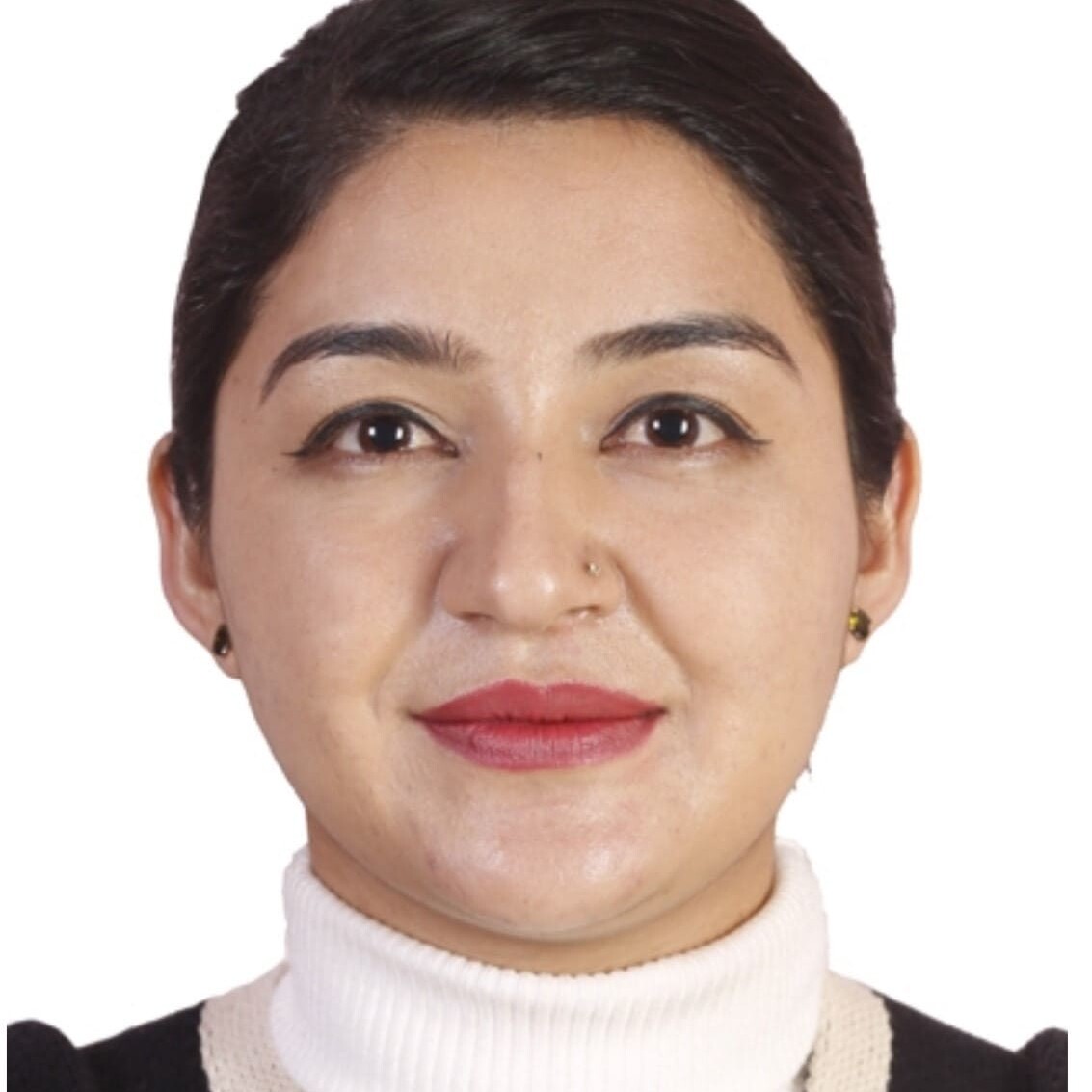
Prabha Thapa
Program Coordinator and Presenter, Avenues Khabar TV
Watch: The pain of armed conflict: when will the wounds be healed? (Nepali)
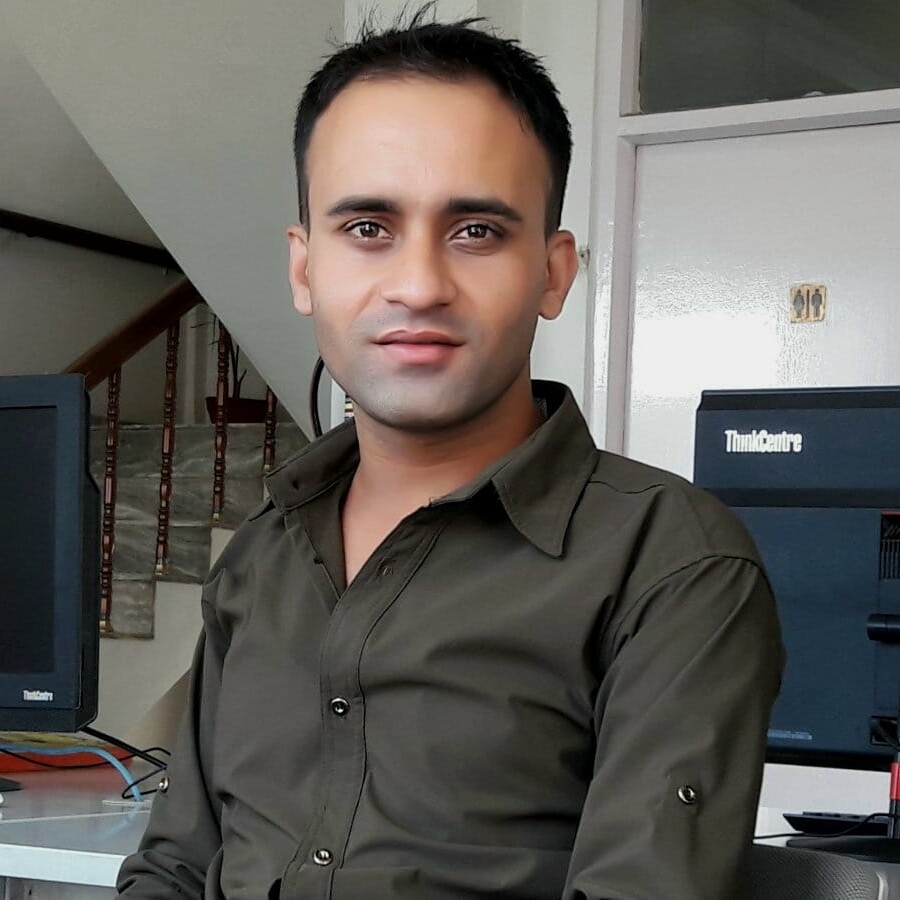
Ramesh Dhamala
TV Journalist, Kantipur Television Network
Watch: The temptation to send Rohingyas to the United States as refugees has not stopped (Nepali)
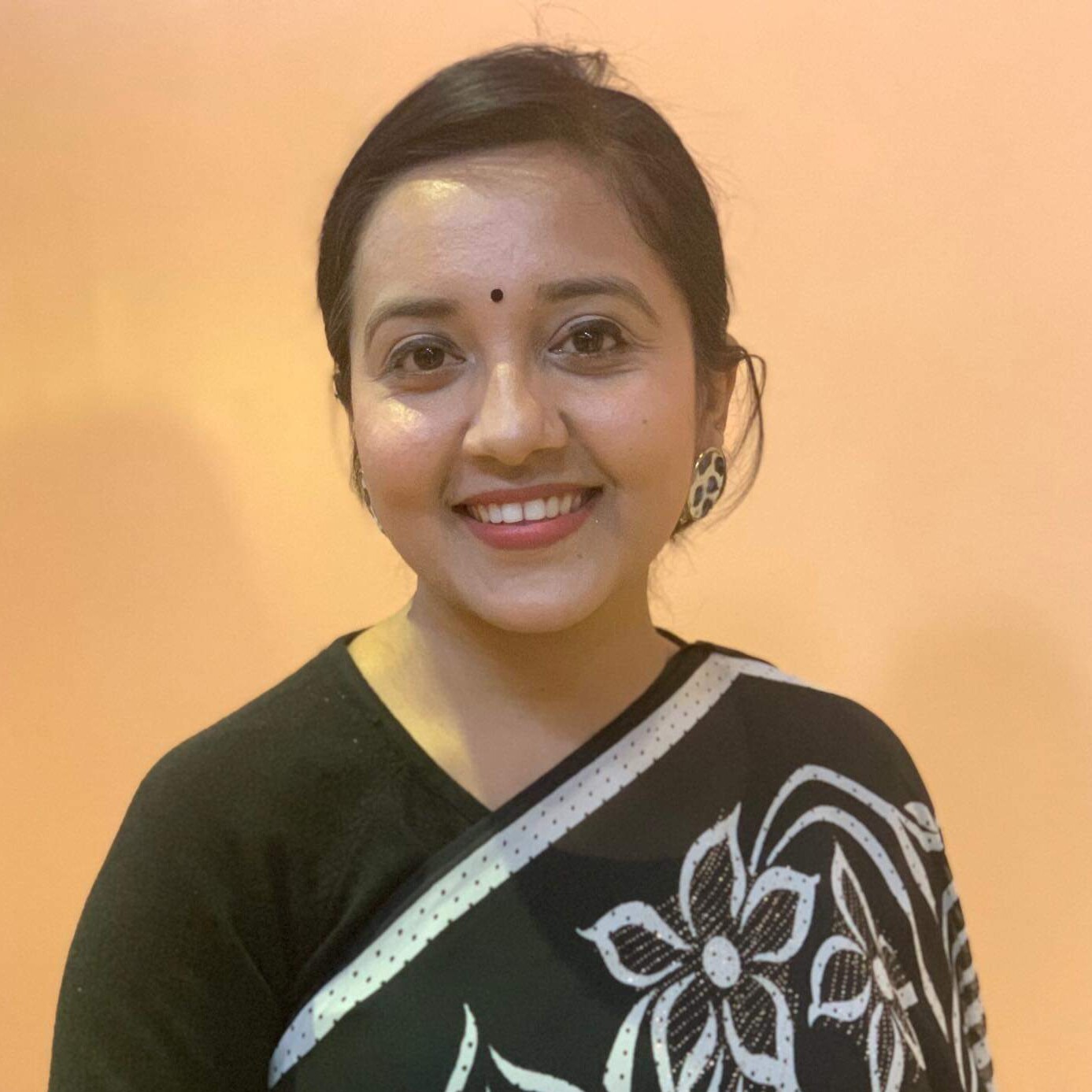
Sanju Paudel Pandey
District Reporter, Kantipur Media Group
Read: Violence against Dalit women ends in reconciliation (Nepali)
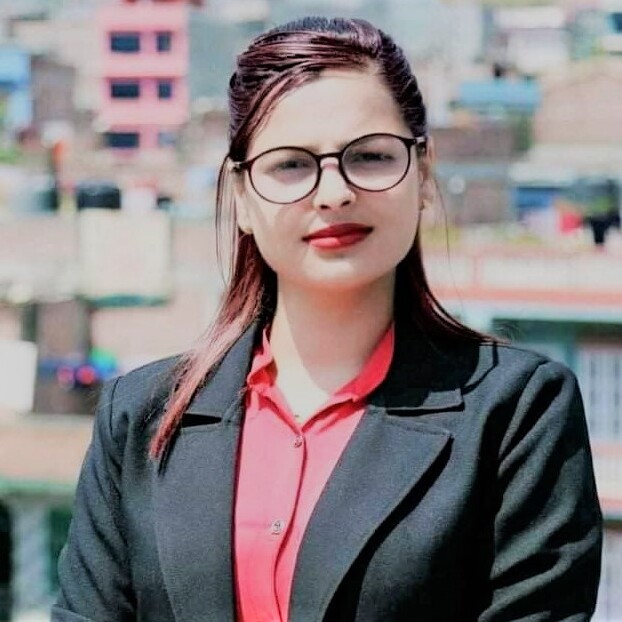
Sunita Acharya
Nepal Reporter, Damauli Express weekly and Damauli Express.com
Read: Post-Conflict Situation: Problems in Guaranteeing Cultural Rights to Victims (Nepali)
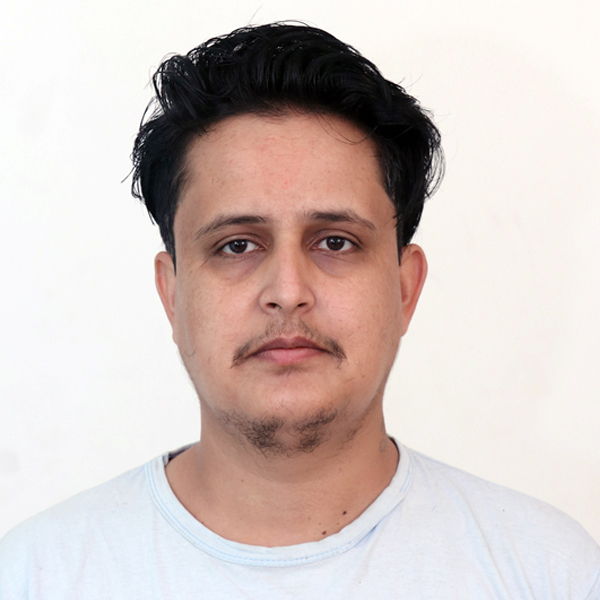
Ujjwal Kumar Satyal
Reporter, The Himalayan Times
Read: Rohingya refugees who once saw Nepal as ‘promised land’ now stare at uncertain future
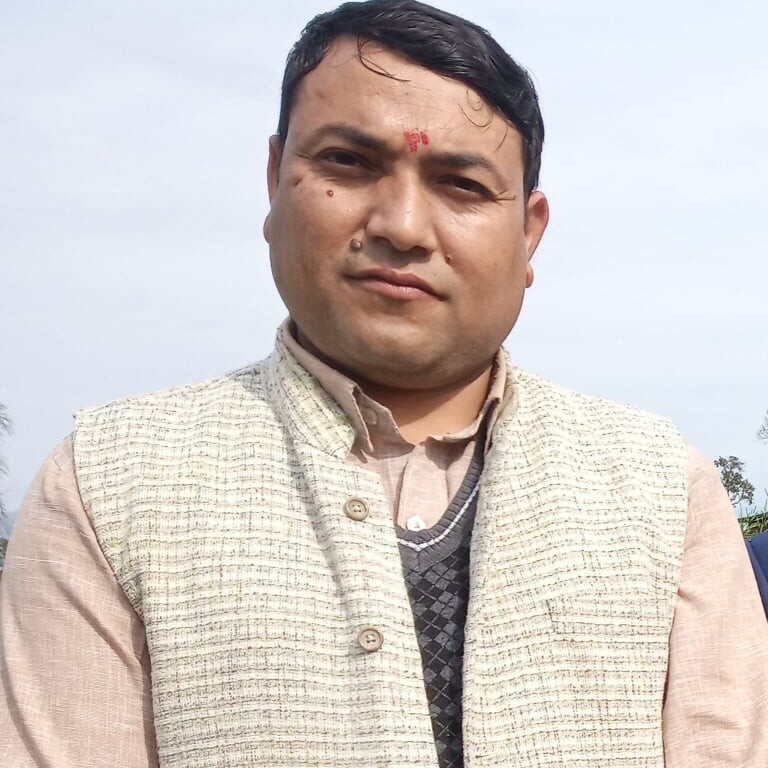
Uma Kant Joshi
Editor, sajhaawaja.com
Read: Prevailing Gender Discrimination in Media of Far West Province, Questioning the Safety
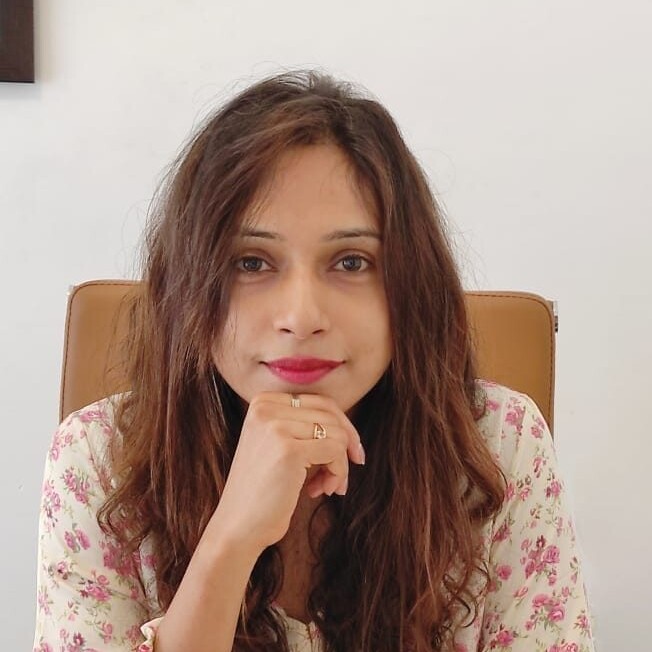
Bekshi Dinitha Rathnayake
Journalist, Liberty Publishers Private Limited
Read: Office on Missing Persons comes under fire (page 3)
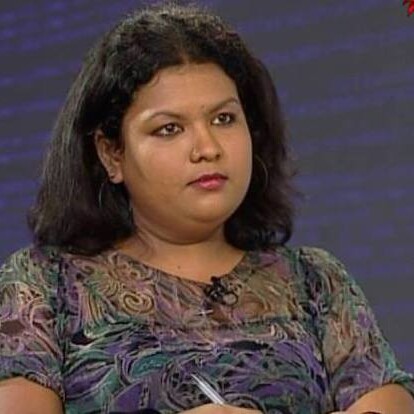
Keshayinie Edmund
Freelance Journalist/Documentary Producer, SFCG
Read: Diaspora Journalists and Democracy in Sri Lanka (Tamil)
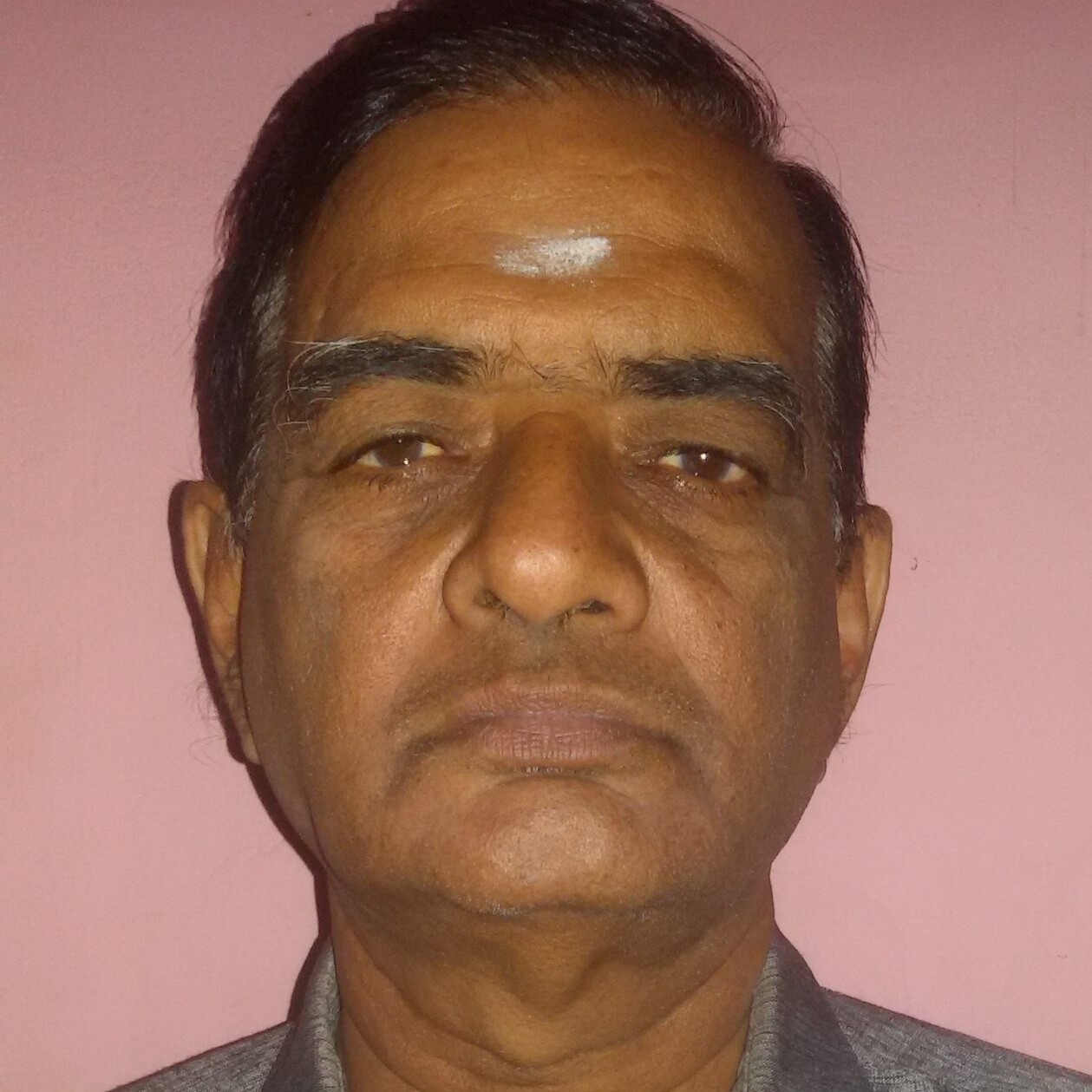
Parameswaran Navaratnam
Provincial Correspondent, Wijeya Newspapers Ltd
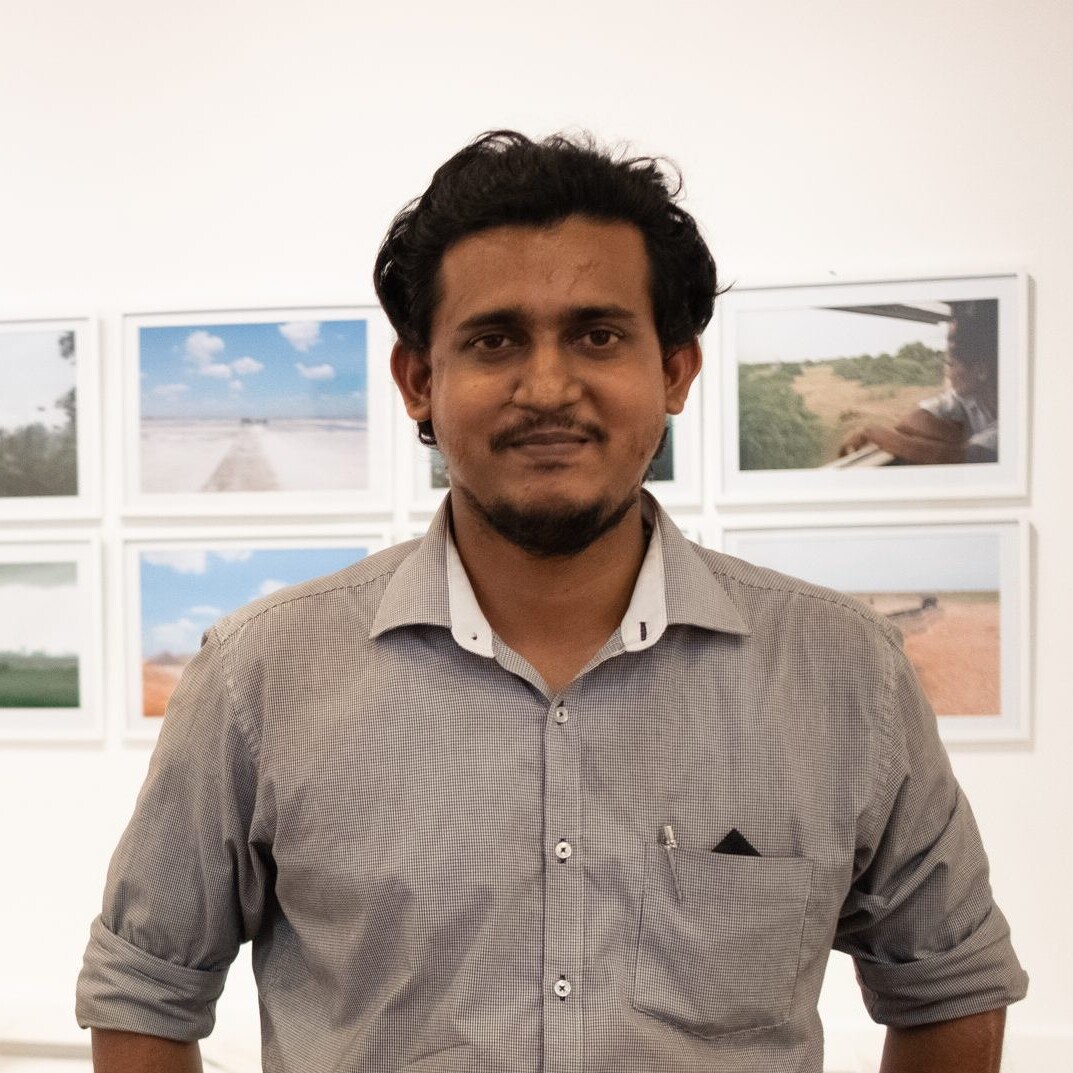
Sandranathan Rubatheesan
Investigative Journalist, The Sunday Times (Sri Lanka)
Read: Sri Lanka’s transitional justice mechanism: A lesson to be learned from Nepal (Tamil)
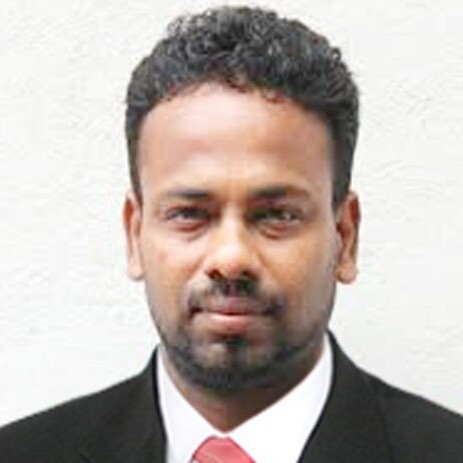
Veerarajan Priyatharshan
Assistant News Editor, Express News Papers Pvt Ltd.
Read: Hate speech as a weapon in Sri Lankan politics (Tamil)
Header Image: A press photojournalist is holding a camera with a zoom lens and is photographing war and conflict. Credit: chameleonseye/iStock
Related Posts
14th September 2021
Meet the fellows of our conflict sensitive reporting and safety of journalists in South Asia workshop
Meet the fellows of the upcoming…
9th March 2021
PMA partners with Media Action Nepal for “Code of Ethics to Improve Conflict Sensitive Reporting and Safety of Journalists in South Asia” project
Introducing Media Action Nepal as a…
2nd February 2021
Project: Improving conflict sensitive reporting and journalist safety in South Asia
Introducing our latest project, “Code…
